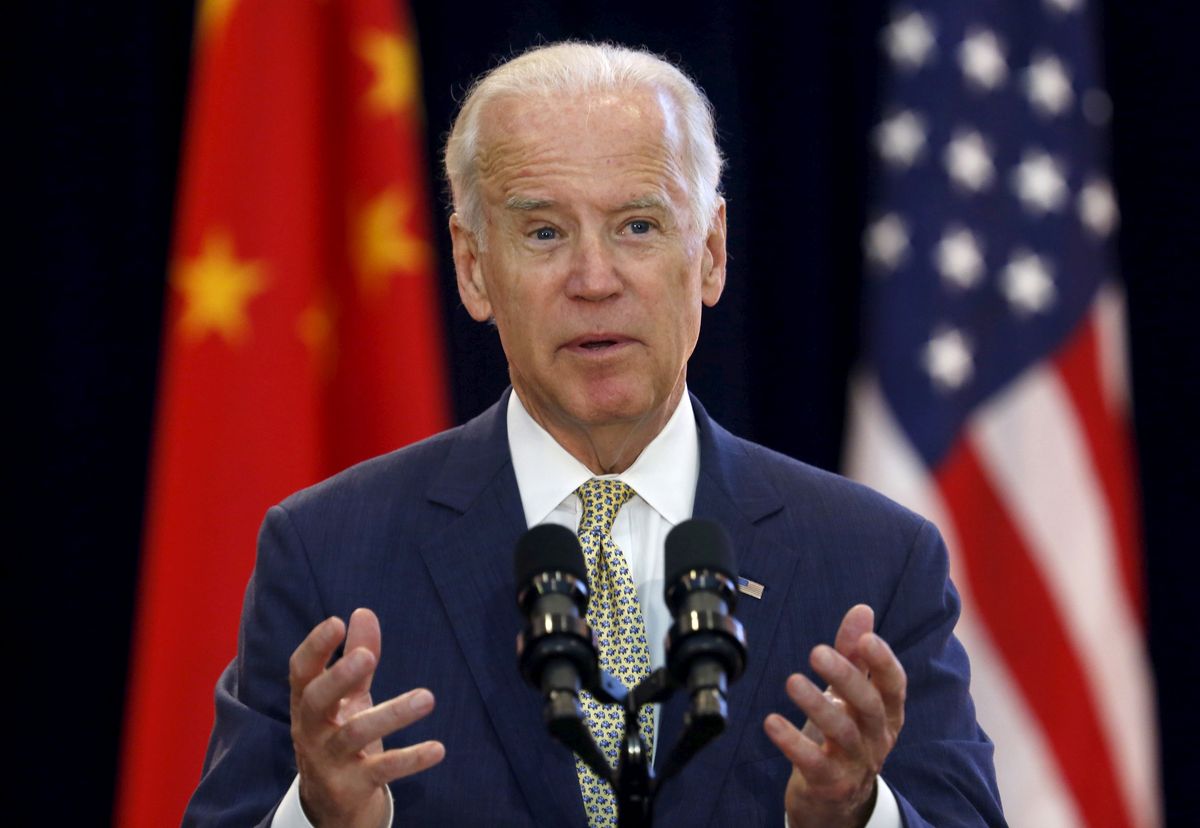Donald Trump can still win re-election in November, but foreign governments read the same polls we do. They know that Joe Biden heads into the homestretch with a sizeable polling lead — both nationally and in the states most likely to decide the outcome. Naturally, they're thinking ahead to what a Biden foreign policy might look like.
They're probably glad that Biden gives them a half-century track record to study. (He was first elected to local office in 1970 and to the US Senate in 1972.) The six years he spent as ranking member, then chairman, of the Senate Foreign Relations Committee, his term as co-chairman of the Senate's NATO Observer Group, and his eight years as Barack Obama's vice president tell them that he's essentially a "liberal internationalist," a person who believes that America must lead a global advance of democracy and freedom — and that close cooperation with allies is essential for success.
Nowhere is the difference between the Trump and Biden worldviews more obvious than in their approaches to China. Both say China threatens the security of the United States in a variety of ways, and that a tough approach to Beijing is required.
But Biden says the US needs strong bonds with its Asian and European allies to meet the China challenges, while Trump has proven ready to throw punches at anyone, including traditional allies, when he sees a threat to US interests.
Biden's approach would lead him to both engage China, as Trump has sometimes done, and to try to restore trust with Japan, South Korea, and the EU after Trump has threatened to rethink traditional security ties and to launch trade action against all of them. To present China with a united front, he might even try to persuade reluctant Democrats to rejoin the trade pact once known as the Trans-Pacific Partnership, a deal that tightens commercial connections with US allies in Asia and excludes a China unwilling to liberalize to meet the agreement's terms. He would also coordinate more closely with Europe on trade, technology, and climate strategies.
But if Joe Biden becomes president, he'll discover that the world has changed in important ways since he and Barack Obama left the White House in January 2017.
First, China has become a much more forceful international player. Xi Jinping has consolidated power to a degree not seen in China since the death of Mao Zedong in 1976. China has also become more aggressive. The South China Sea and Hong Kong offer compelling recent examples.
Second, allies have now seen just how fast things can change in the United States. If Trump represented a sharp departure from traditional US foreign policy, it's in part because millions of Americans wanted that change. That segment of voters doesn't want the US to play global policeman, and they believe allies take advantage of foolish American generosity. That view won't leave with Trump. It will be back. Maybe soon.
So traditional US allies in Asia and Europe may welcome a president who offers a hand of friendship instead of threats of tariffs, but they know China is only becoming more important in the world — and that China is much more likely than an increasingly erratic America to chart a predictable course over the next ten years. At 77, Biden would be the oldest person ever elected US president. Would he even serve a second term?
Bottom line: For Biden, meeting the challenges posed by China requires a long-term investment in relations with allies — relations that are built on trust. Rebuilding that trust would be his great foreign policy challenge. How to persuade those all-important allies that Mr. Hyde is gone, and Dr. Jekyll is here to stay?



















